Finished in 2024
There are 23 items here.
There are 23 items here.
An exhibition of illluminated manuscripts from the private collection of one Dr. Naitō, at the National Museum of Western Art in Ueno.
The strongest impression to me was one of devotion to knowledge and skill. A part of me can surely understand the view that accomplishment at this depth is what’s to strive for and admire, and that most of us alive today is frankly pathetic in comparison.
I also recognize that we’ve made a world where people can have a geometrically expanding breadth of experiences instead, and in an arguably “healthier” way. Arguably. And! We’ve made a world where someone like me can glimpse the eternal much more easily and reliably and and truly than any of these dudes who spent their whole life on it, arguably.

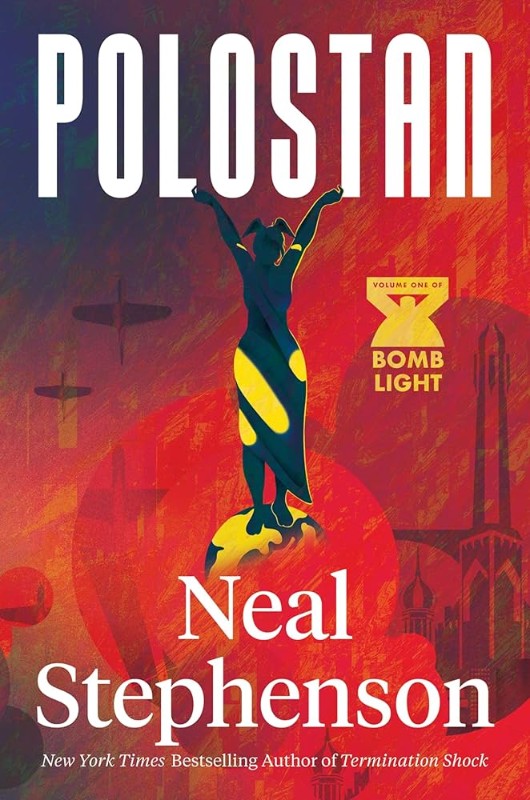
It’s startling how short this book is, and as I read it digitally I didn’t even have the clue of an uncharacteristically slim Stephenson. Apparently he’s trying something new, which is to release individual volumes the size of normal novels rather than compiling several books worth of material into one. As a person who enjoys immersing way into the perspective he crafts, which makes the world seem cooler and smarter, and makes me feel cooler and smarter, I may end up waiting until more of them are out before continuing.

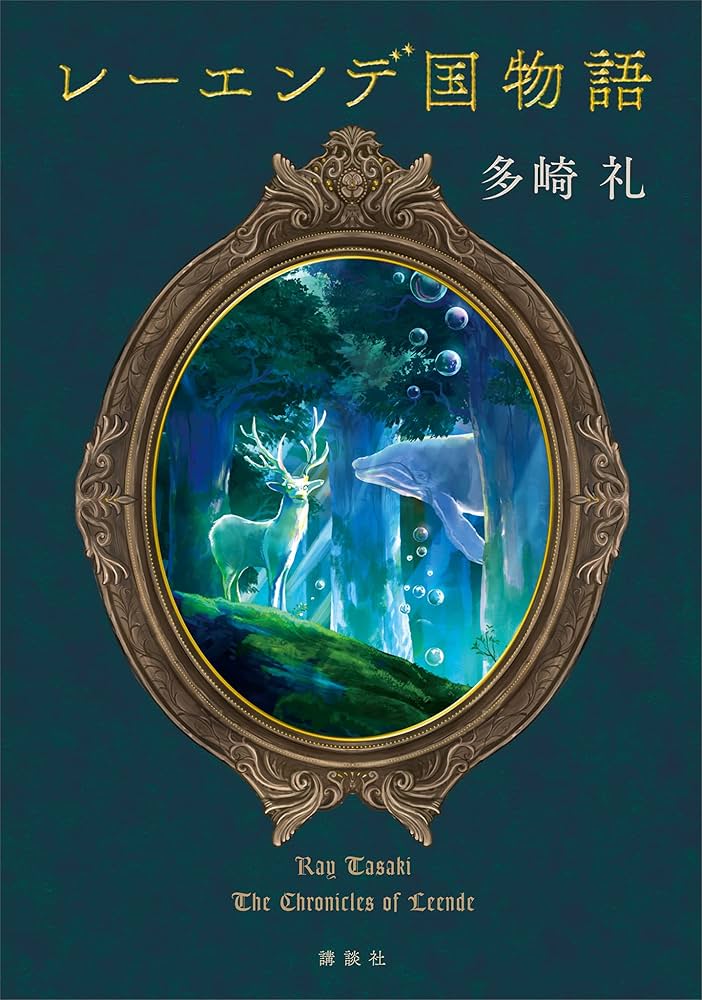
Upon moving to Tokyo I was determined to get reacquainted with the current landscape of fiction, with how to navigate the overwhelming bookstores, and to choose something just right to read through like a relatively normal member of the Japanese-language reading public. On visits to my local bookstores, this volume kept standing out to me. I committed to reading it, and diligently dungeon-crawled through more than half of it at about a page or two a day. I took a break to read some other books in Japanese, namely the lighter Recovery Kabahiko and some manga. It eventually called me back and I was proud to finish it just over a year after beginning it.
Tasaki has a prodigious number of books out in this series and others, highlighting how hard it would be for me to truly latch on to an author and follow all of their work. She can write quite a lot faster than I can read. I likely won’t continue on with this series any time soon. But it felt like a fine journey to take on my first year living here, and it’s a book I’ll always look back fondly on.
My enjoyment of what turned out to be a pretty standard fantasy novel was closely correlated to how much it felt like a Dwarf Fortress campaign (charting the geography of a potential trade route, secrets of castle architecture, carving a defensible complex into a mountainside, risky endeavors in controlled flooding), and inversely to how much it felt like an anime (“You mustn’t go, it’s too dangerous!” “No you mustn’t go, it’s too dangerous!”).

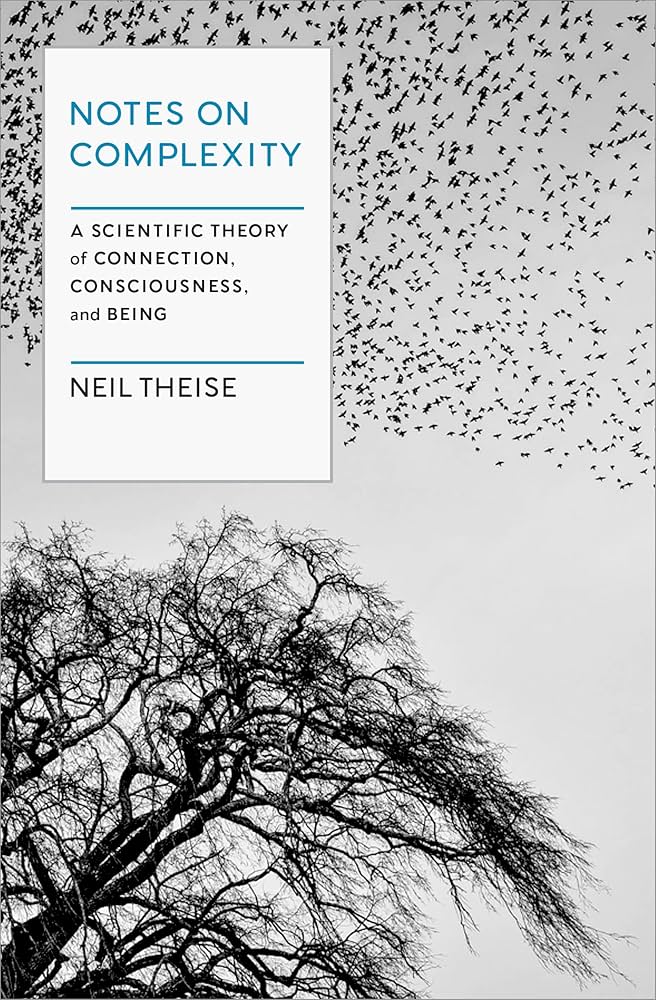
It felt significant to proceed through a big-ideas science book like this and grapple with it the whole way, in light of other reading and thinking I’ve done myself on the wide range of topics it presents. Making a point of taking notes while I read, treating it as an interactive process that makes a permanent mark, has been a major development for 2024. Compare this heap of notes to what remains of, say, my 2003 read-through of The Selfish Gene: a vague sense that it was a great, life-changing book and that genetics is really important.
As typed up on the flight back from Silicon Valley, where I discovered and bought this portable volume at Kepler’s Books.
Not sure I understand this definition of complexity even a little; it’s the “edge of chaos” where stability and chaos “pull in opposite directions”, but it’s actually more unpredictable than chaos?? And how can a computer simulation with the same starting conditions “never be predicted”?? How does a different outcome arise each time?

At the Katsushika Central Library, in the foreign language section looking for children’s books in English for my son, I discovered a display explaining a language learning method called “tadoku” (多読), or “copious reading”. Its principles include proceeding quickly through material that’s easy enough for you to enjoy, not referring to a dictionary when you do encounter unfamiliar words, skipping sections that are too hard, and guiltlessly setting aside anything that you’re not fully enjoying.
That day I set aside the hefty Japanese fantasy novel I’d been struggling through and went to my neighborhood shop Daiwa Books to find something I could proceed through more casually and briskly. Robin Sloan had recently recommended Aoyama’s What You Are Looking for is in the Library, in English translation, so I recognized her name on a new book in the recommendation display near the entrance.
The book comprises five loosely connected short stories revolving around an urban legend about a hippo statue in a local playground: if a part of your body is troubling you, touch the statue on that same part and you’ll be cured. Five people partake in the practice to heal various problems in their lives that are literally or figuratively associated with the brain, the eyes, the ears, et cetera. Each one then experiences a healing process which, of course, was actually about mending relationships, refreshing the perception of the self, or some other motion of the soul.

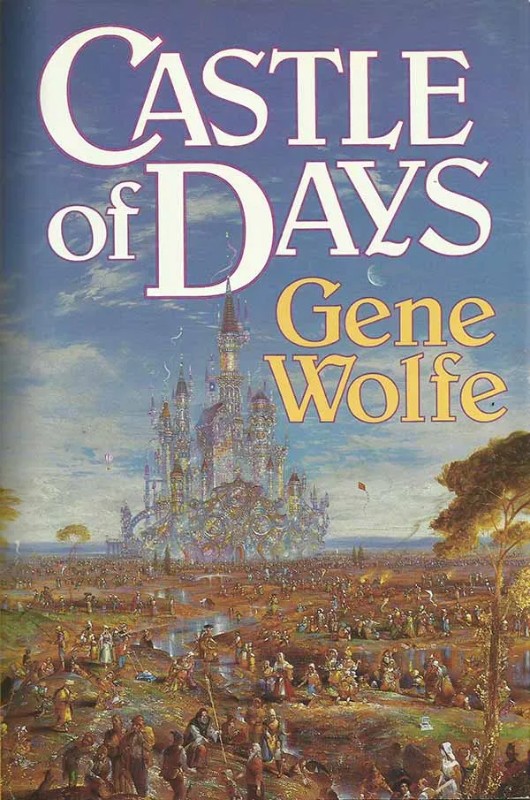
This may be my favorite Wolfe short story yet. It came with a somewhat infamous reputation from Wolfe circles online, but I couldn’t remember why and can’t seem to dig up any of those discussions now. The blend of Wolfeian mystique, weird religiosity, and absurdly hilarious Kafka/Gilliamesque bureaucracy made for a satisfyingly surreal meal.
Postscript of January 2025 — I watched the television show Severance since reading this story, and just all of a sudden put the two together. Could there be an inspirational connection?

A fine thought experiement in scientific and medical ethics, with a bit of the grimy 90s Egan edge.

What made us so fixated on “art-crime” in the 90s? This story, se7en, Bowie’s “Outside”, and so on. For some reason we thought that what we ought to be afraid of was the disintegration of restraint in creative expression, and that the scariest villains were going to be brilliant and well-resourced artists!?

A little too dualist, “ghost-in-the-machine” for me, though there’s a bit of believable Permutation City dust theory in the mechanics of how the consciousness-untethering works. A philosophical sketch that was worth following along on. You could make a movie out of it.

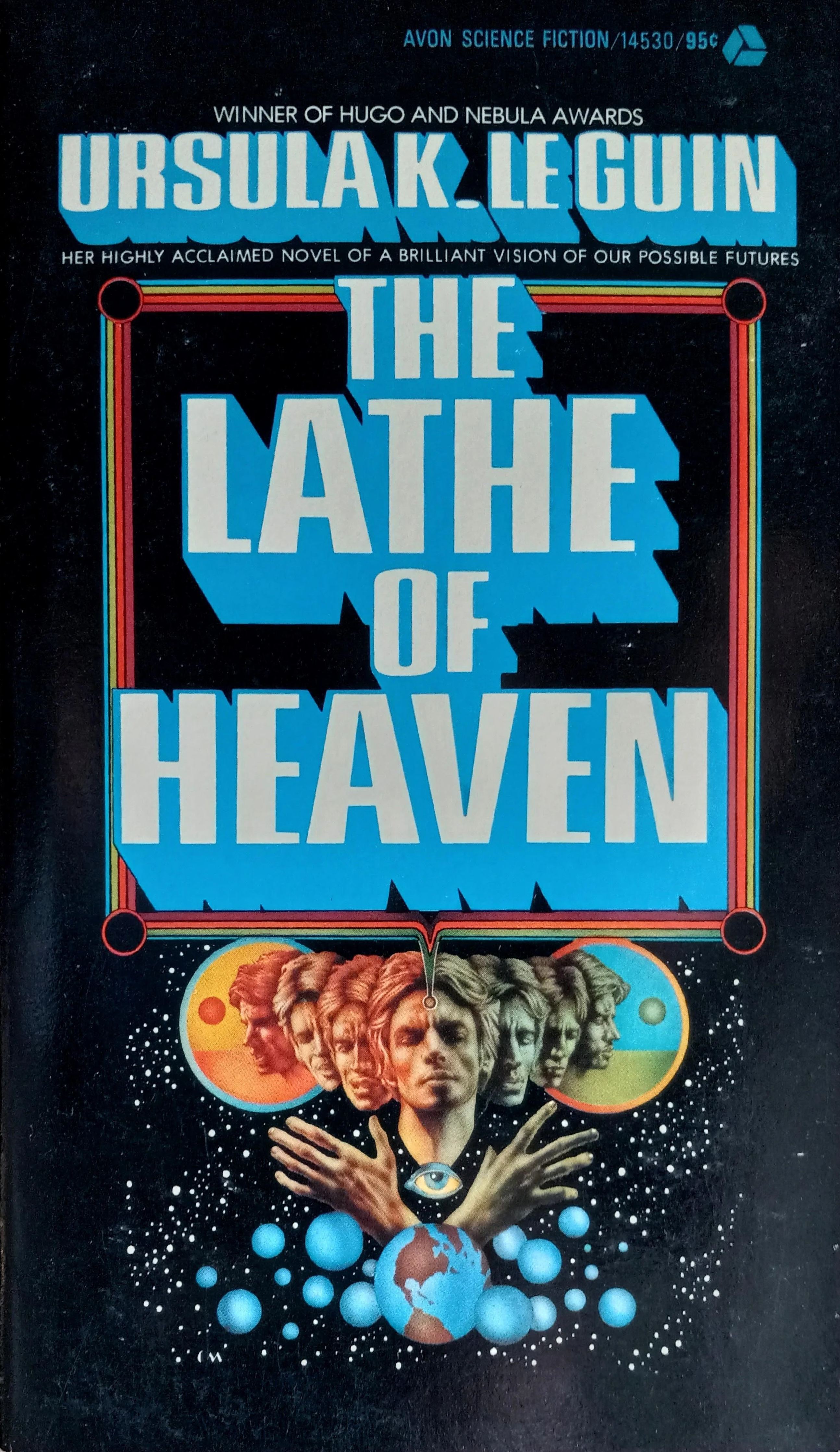
While in Seattle for work, I met up with my best bookfriend and we walked to the Elliott Bay Bookstore. I invited him to choose any book in the store for me to buy and bring home, and he found Le Guin’s Lavinia. (We had an existing connection over her Always Coming Home, which we’d read through together a few years back.) Not far from it on the shelf was a Library of America compendium of five novels spanning her career and culminating in Lavinia, her last. So I chose that superset and committed to reading through them all. This was the first in the collection, from 1971, a sweet spot in the New Age era that I’d been freshly interested in since reading Anthony’s autobiography in which he eye-rollingly claimed that Le Guin had won a Nebula that was rightfully his; and had been craving more of since discovering Priest’s Inverted World.
In any case, the experience was thrilling from the level of the sculpting of individual sentences, all the way up to the Taoist theme running through the whole thing. I felt the moral questions and frequently paused to contemplate how one might even begin to formulate an algorithm for answering them.
“Come on up with me,” he said. “It’s raining already.” In fact it was, the endless warm drizzle of spring— the ice of Antarctica, falling softly on the heads of the children of those responsible for melting it."

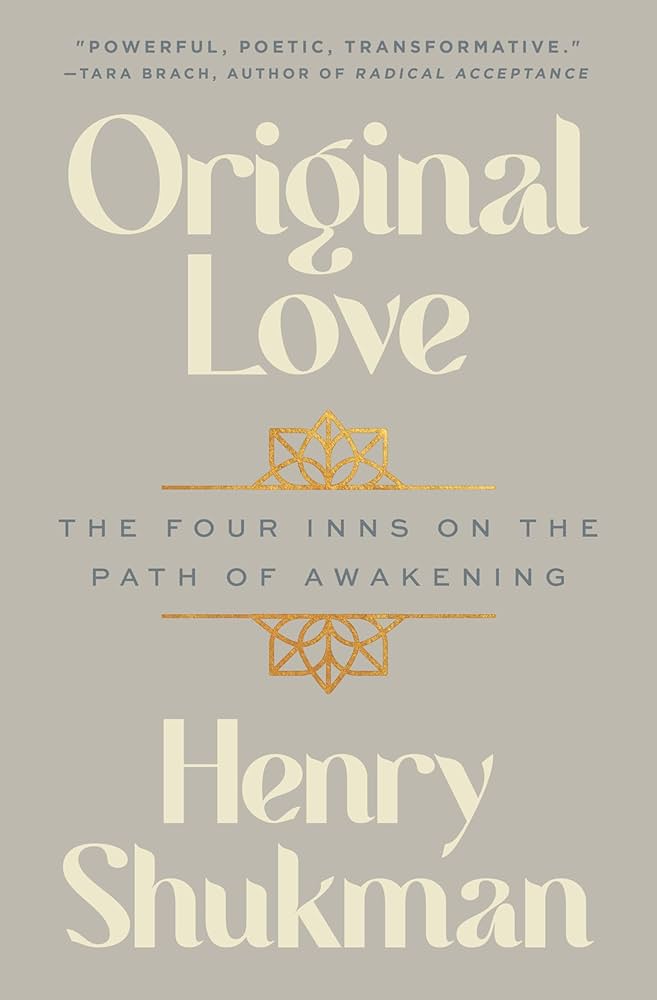
Shukman has been my main conduit to Zen, and I’ve recently shifted from Sam Harris’s Waking Up course to his The Way course for a more focusedly Zen-based practice. I picked this up at the Elliott Bay Bookstore in Seattle, partly to have an excuse to look around for something there on my second visit in two nights, during a precious two-night stay there for work, my first time really spending time in the city since moving away eight years ago. This was a fine tour of the concepts undergirding the practices of The Way, and left me with even more of an appetite to find the right text for getting deeply into kōans, preferably in (modern) Japanese. I’ll treasure the memory of reading this with Robert Wyatt’s Comicopera in my AirPods at the Kanamachi McDonald’s, where I’d stopped for a maximally quick meal before picking up my kid at school: the pleasant discord of the Wyatt particularly amenable to blending with the background music and advertisements — logos and mythos; mind and soul.
Some say other life-forms are practicing too: trees are masters of stillness, fortitude, and graceful acceptance, and whales move through the seas suspended in oceanic awareness, communicating with one another across vast distances. Even smaller creatures move through their lives with the focus and intention of master meditators: ants tirelessly follow the call of their nature, and mice, moths, and patient cattle all practice and implicitly trust the life they are given.
We were hungry for inspiration. We tracked the contemporary poets we loved and then tracked the thread back to the poets they had loved: to Ezra Pound, Hilda Doolittle, and the Imagist poets of London just before the First World War. From them, we followed their provenance back to Wordsworth and Shakespeare, but also to ancient China, to the Tang dynasty poets they had loved and translated to Hanshan, the “Cold Mountain” poet, and Tu Fu, Li Po, and Wang Wei, who had wandered the ravines and cloud-wrapped peaks of the Middle Kingdom, stalked by vagabonds and monks who had given up on urban life and taken to the hills. There, entranced by lakes and streams, gazing at waterfall, drifting deep into the forests or high into the mountains, they wrote their clearest poetry. They drank wine and shed tears for lost friends. They also sat still in meditation, losing themselves, dissolving their minds into the peaks, becoming part of the land itself.

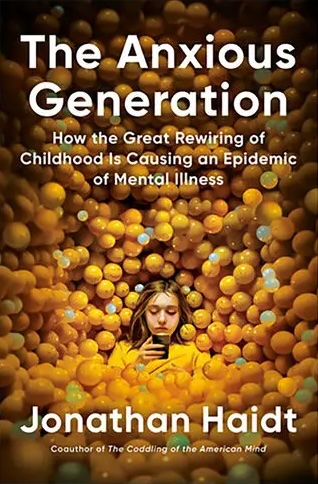
Four aspects of “real-world” interactions
Stephen points out a main message of Haidt’s book — people are growing up with too little nurturance of the spirit. This connects to my own wish for my kids to have a sense of reverence, for something.
Went to some trouble to find the Meta deck described as “chilling” in this book, and it was… just a normal marketing deck that probably didn’t significantly influence any product decisions, and which had some maliciously-misinterpretable slides way into the appendix. A significant Gell-Mann effect moment for me.

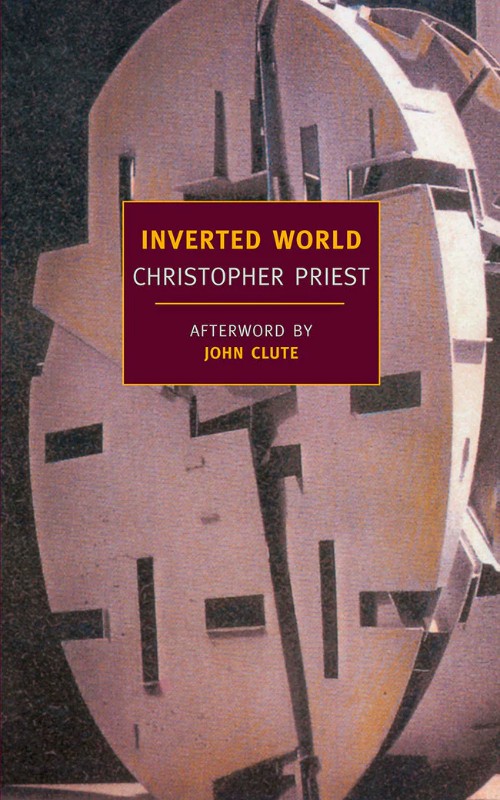
After my reread of Bio of an Ogre, I was in the mood to better understand the New Age era of SF, and to find better specimens of its wild and challenging explorations of possible universes than Anthony. I had never heard of this book, nor of Priest himself, but upon hearing the briefest introduction decided that I ought to plunge in before learning anything further. As with music, it seems that somehow the 1970s just keep on giving.
Reading this over a Mexican burger at Brave in Kanamachi ended up being one of the more vivid reading experiences I’ve had, enshrined alongside The Source of Magic on the plane to San Jose as a kid, Children of the Mind in the De Pere bunk bed, A Fire Upon the Deep in Ballard after getting my wisdom teeth out, and so on. I look forward to the stores of pleasure waiting for me in the rest of Priest’s corpus. I particularly enjoy the mental state of being led through an aesthetically potent world, feeling just at the edge of having any idea of what’s going on, but trusting that something coherent is, in fact, going on.

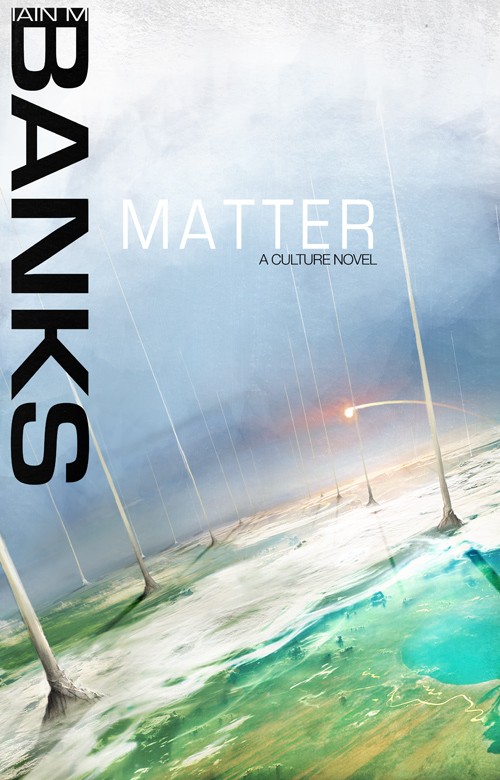
Banks is a heavy meal, which I’m always glad to have enjoyed but reluctant to enjoy more than one of within the span of a year or two. The idea density is satisfyingly high, and I enjoyed a number of moments of staring off into space, savoring an evocative, galaxy-scale notion. But I did once again find myself wishing that the ever-building tension was toward something deeper, more universally philosophical, than the human adventure it ended up as. It does seem to me that Banks writes “true” sf, in a galaxy that is likely to really be out there and operating according to these principles in some corner of the greater multiverse.
Update of 2025-09-02 — On the back of my edition of Gene Wolfe’s Litany of the Long Sun is a blurb from an SF Eye review: “It releases delayed detonations of pleasure days after you’ve read it.” That measure of literature’s impact has stuck with me over the years, and I’ve recognized it in a number of works which are enjoyable enough while reading them, but that also make life itself more enjoyable for extended periods after putting them down. Matter has proven to be one of these works over the past year. I still often find myself thinking about various spheres of the Shellworld of Sursamen in particular.

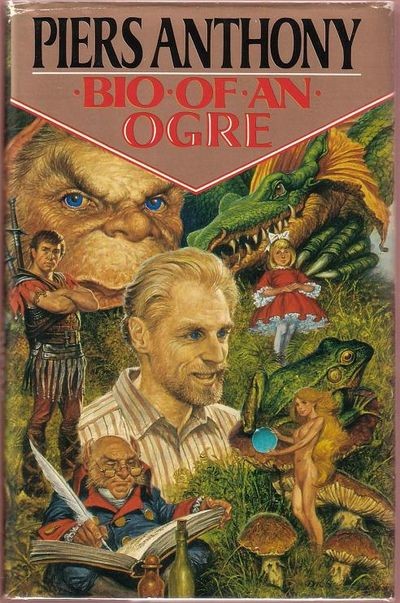
A lightly edited account from messages to a dear book-friend, on why I worked through a distant reread of this book over the course of a couple months’ worth of nights waiting for my kid to fall asleep.
So I’m semi-hate-rereading Piers Anthony’s autobiography
Because it was the first memoir I ever read, at probably about age 11, and I wanted to do a bit of personal archaeology on that time

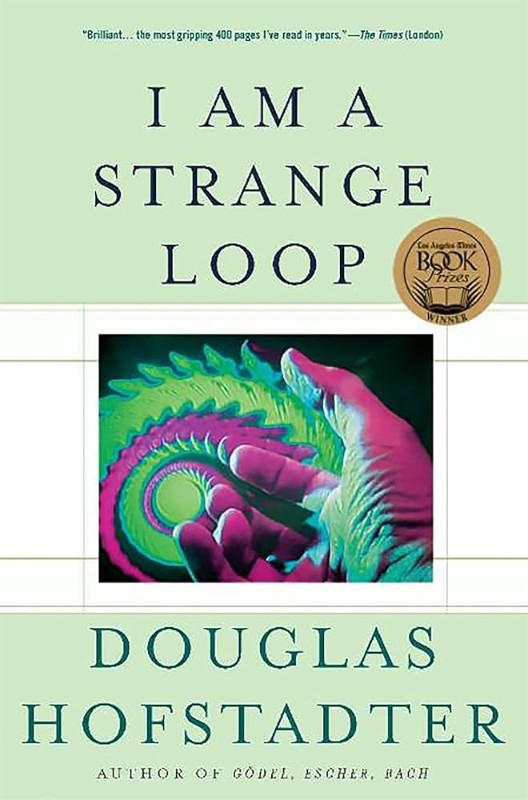
Finished this while technically still in the middle of Gödel, Escher, Bach, the message of which this book was conceived to more succinctly and clearly convey. I’d like to spend more of my life in mental modes like Hofstadter seems to inhabit: his particular formula of deep scientific understanding, philosophical import, genuinely warm emotion, and general joie de vivre.
I was especially struck by the arguments and personal stories about identity and even consciousness being distributed across brains (and other substrates) via the influence we impart — a Dawkinsesque “extended phenotype” of the self.

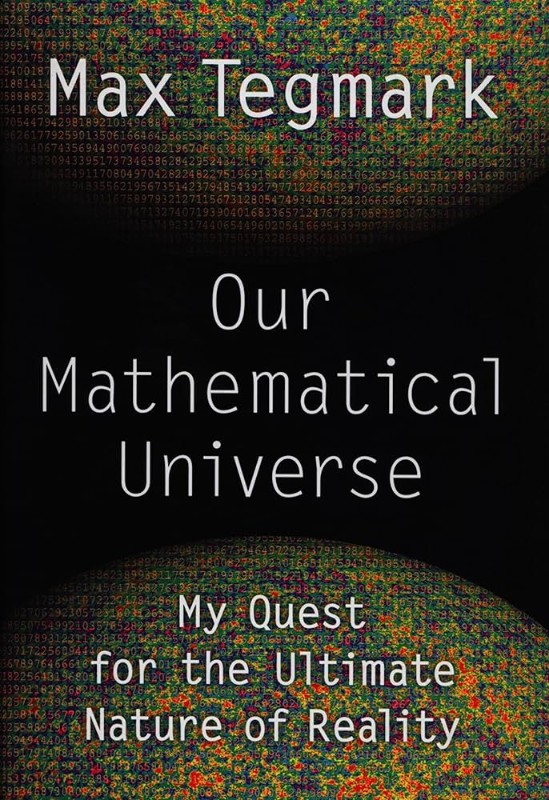
Third read, this time with a solid foundation of having lived by the philosophy contained within for nearly ten years. Took my time, highlighting passages with particular philosophical or spiritual resonance, and writing many interrogatory notes. This remains the most important book to me, and one I hope to return to again and again.

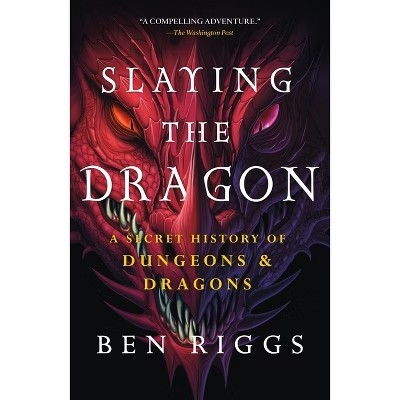
This was precisely the book I wanted after Game Wizards: an account that covered the culture, creativity, and business surrounding D&D during the formative era when I discovered and devoured it. I came away with the impression that tabletop roleplaying is such an extraordinarily powerful and important technology that it shone through even the abysmal environment and practices of the company where it was invented.


This one was a bit more of a slog than the other Elric I’ve read so far, but I do have pleasant memories of reading it on my phone in the back of an eight-person van carting two families around Tokyo in the earliest months of our arrival there.

Some exhilarating moments of truly being able to imagine the deep history of humanity, especially the simultaneous existence of distinct human species. In particular, I was dizzied by the colliding of history and prehistory in the story of Eugene Dubois who was working in Indonesia to discover human species from millions to hundreds of thousands of years ago, but whose work was interrupted by the Japanese occupation in World War II, and required him to hide specimens until they could be safely studied.